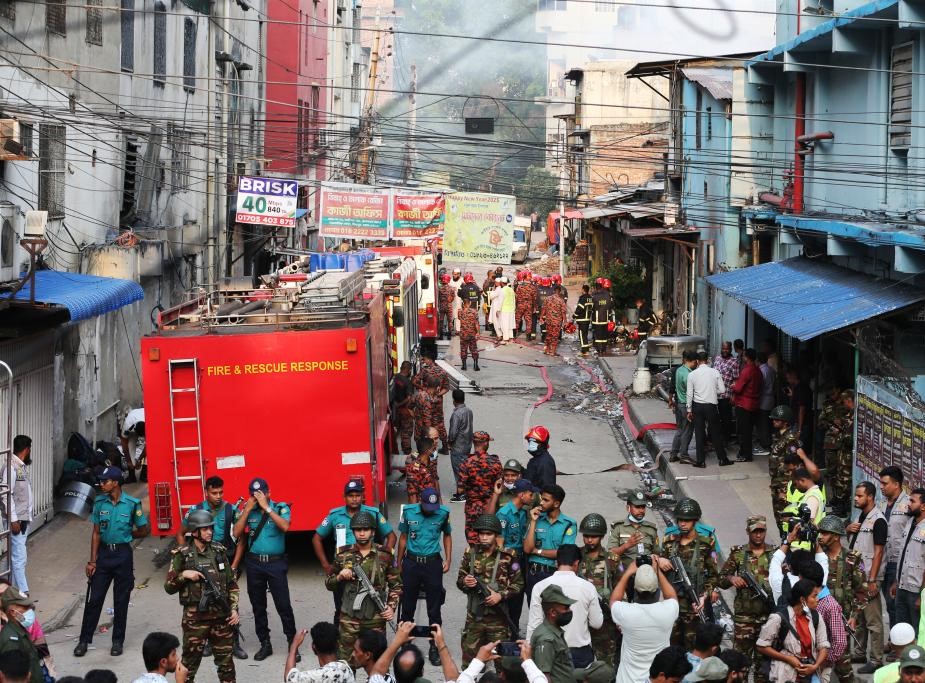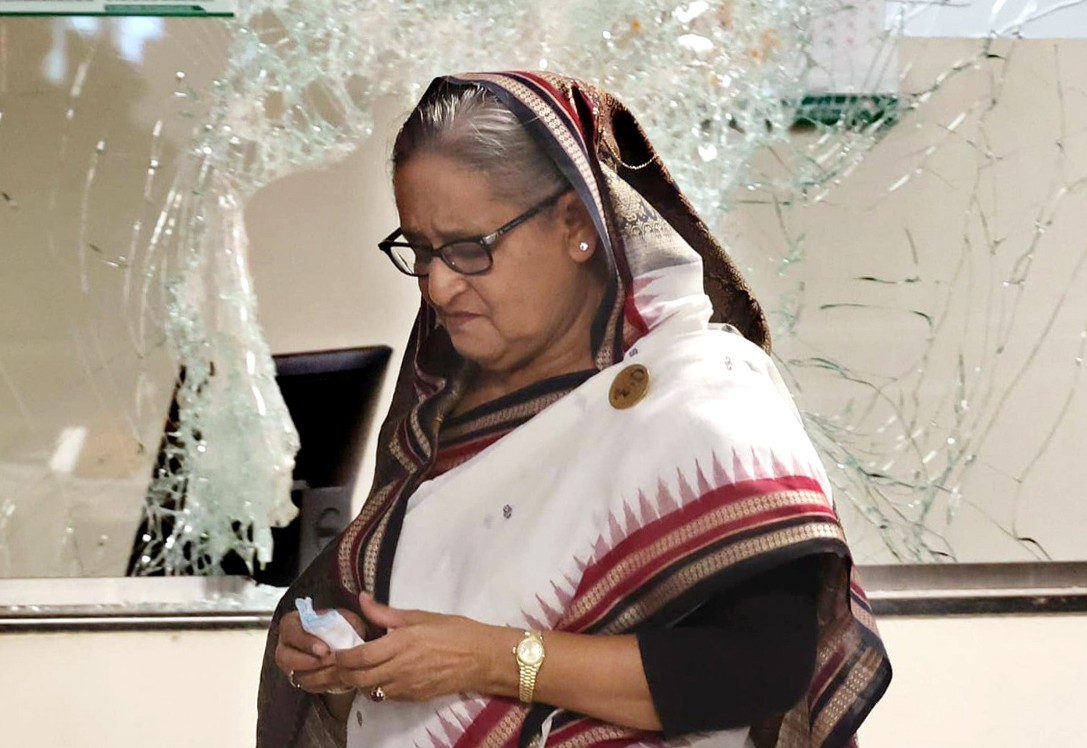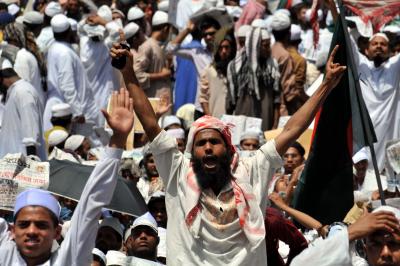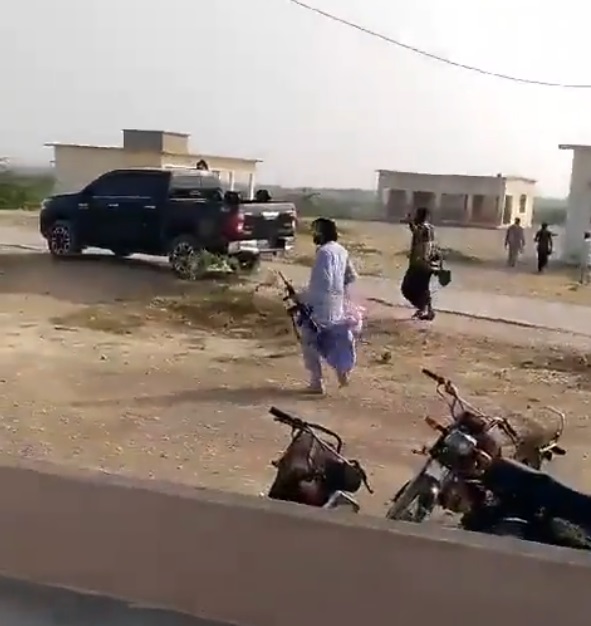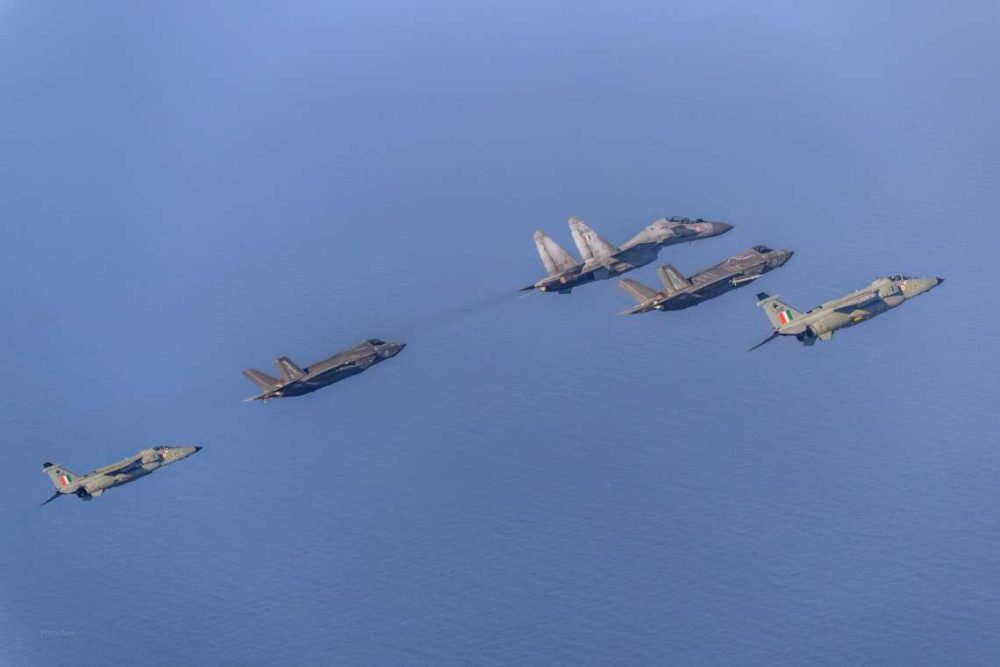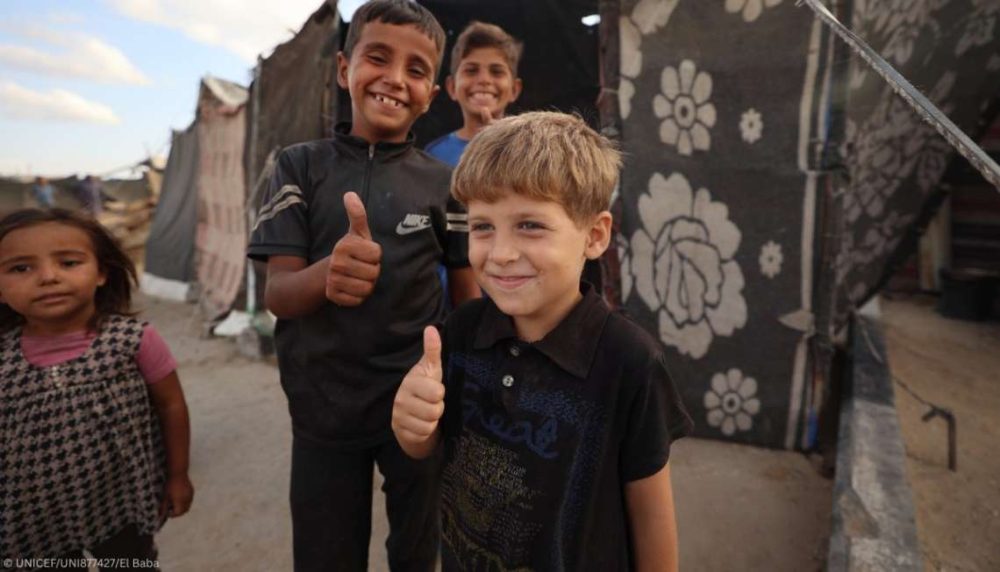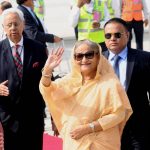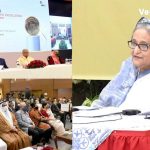The extension is aimed at providing international companies with a more accommodating timeline to prepare and submit proposals….reports Asian Lite BNews
The Bangladeshi government has extended the deadline to December for submitting bids for dozens of offshore oil and gas blocks.
The extension, announced recently by the state-owned Petrobangla (Bangladesh Oil, Gas and Mineral Corporation), is aimed at providing international companies with a more accommodating timeline to prepare and submit proposals for 24 offshore blocks spread across 15 deep and nine shallow waters, Xinhua news agency reported.
Petrobangla in a notice said it extended the bid submission deadline to December 9, 2024 — a three-month extension from the initial deadline of September 9.
The time extension notice posted on the Petrobangla website also mentioned that all other terms and conditions of the bidding notice issued earlier will remain unchanged.
Petrobangla Chairman Zanendra Nath Sarker expressed the hope that more multinational companies will be able to join the bidding for the exploration of oil and gas in the Bay of Bengal following the extension of the deadline for submitting bids.
In a promotional seminar on May 8 this year, Petrobangla told reporters that seven international oil companies purchased bid documents, showing their eagerness to invest in oil and gas exploration in the Bay of Bengal.
Yunus assures upholding bilateral treaties
United Nations, Sep 28 (IANS) Bangladesh leader Muhammad Yunus said that his government will uphold its bilateral treaties and is open to friendly relations with all countries based on mutual respect.
Speaking in Bengali at the high-level session of the United Nations General Assembly on Friday, the de-facto Prime Minister, said, “I wish to assure that our government shall adhere to all international, regional and bilateral instruments that Bangladesh is party to.”
“Bangladesh is open to nurture friendly relations with all countries based on mutual respect, upholding our dignity and pride and shared interests,” he said.
The Nobel Prize-winner and microfinance pioneer holds the title of Chief Adviser of the interim government and functions as the de-facto Prime Minister.
Yunus, who was invited by President Mohammed Shahabuddin to head the interim government after Prime Minister Sheikh Hasina resigned from her position as a wave of protests swept Bangladesh, said the Armed Forces backed the “Monsoon Revolution” by “standing firmly with the people”.
“During the recent revolution, our valiant armed forces have once again shown their commitment to peace by standing firmly with the people in fulfilling their aspirations for freedom during a most difficult time in our history,” he added.
Yunus called the protests in July and August the “Monsoon Revolution” that “primarily brought together people who were long left (out) in politics and development”.
“The people aspired for a just, inclusive, and functioning democracy for which our new generations made supreme sacrifice,” he said.
“We believe, the “Monsoon Revolution” that the world witnessed in Bangladesh in the span of few weeks, may inspire many across communities and countries, to stand for freedom and justice,” he added.
He asserted that when he took over, “justice, ethics and morality, almost at every level, reached a low”.
Oligarchs took over businesses and corruption was endemic, he said.
“We are committed to promote and protect the fundamental rights — for people to speak in freedom, to assemble without fear or inhibition, to vote whosoever they choose, to uphold the independence of the judiciary and freedom of press, including in the cyber domain,” Yunus added.
But he did not mention freedom of religion given that the country has seen a paroxysm of violence against Hindus and other minorities.
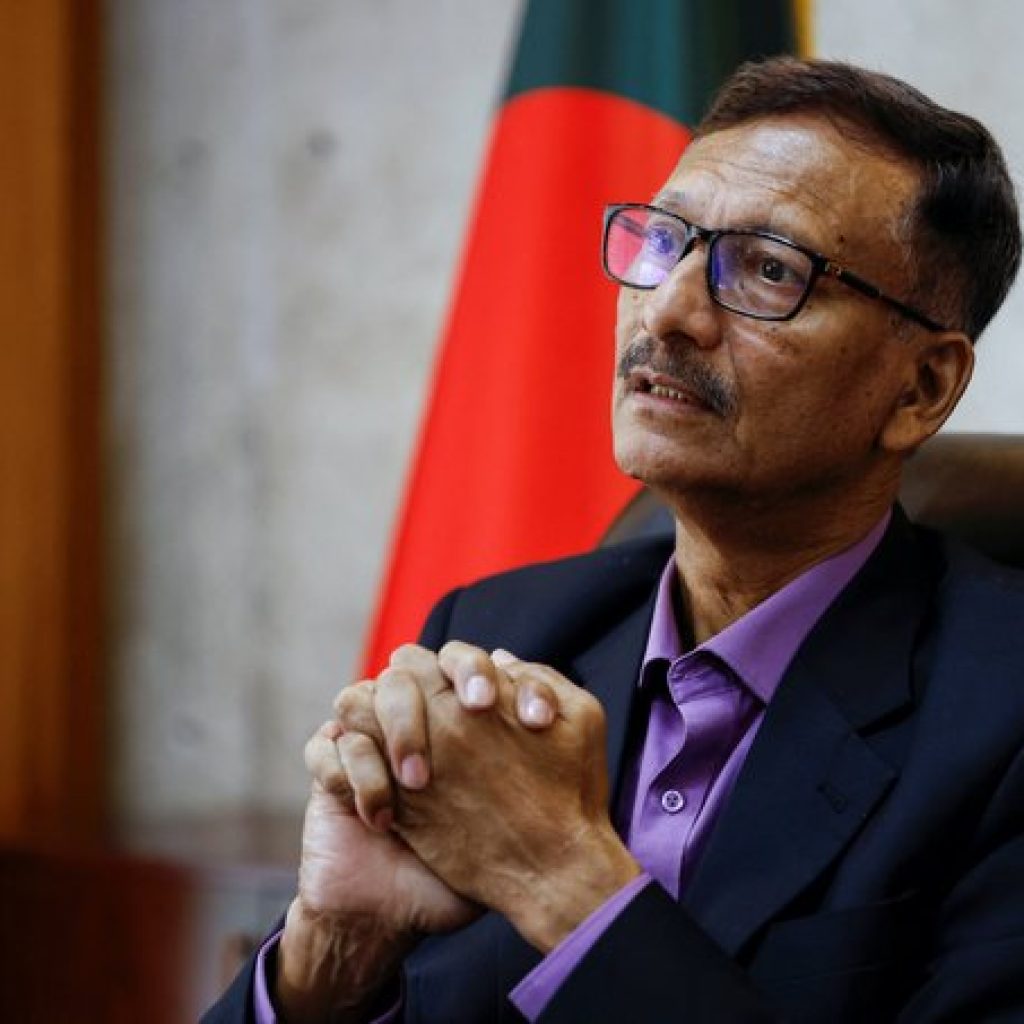
‘Ongoing projects with India will go on’
As Bangladesh emerges from a period of political instability it looks to continue ongoing commercial activities and other projects with India. Bangladesh’s Foreign Affairs Advisor Mohammed Touhid Hossain says that these projects will remain unaffected.
Speaking to ANI, Touhid said, “Trade has been going on. After a short gap. Immediately after the fall of the government, trade again picked up…going on.”
“The projects that are ongoing and approved agreements definitely go on,” he underlined.
Amid the current slowdown in trade between both nations, the first consignment of renowned ‘Padma Hilsa’ fish from Bangladesh arrived in West Bengal on September 27, weighing around 45-50 tonnes ahead of Durga Puja.
Further, Touhid clarified that everything will go as usual despite the fact that the process of issuance of visas has not achieved normalcy.
“About the people-to-people contact, the Indian visa offices are not opened as yet fully. It is up to them when they will do it. This is the decision of the Indian government when that happened, people have the visas to go to India. Our offices in India are issuing visas to those who are coming for Bangladesh visas. I think even though there is some pause some times, it is pick up,” Touhid added.
Touhid Hossain also added that the bilateral relations between Bangladesh and India “will continue normally.”
“I think we have a lot of commonalities as well as a lot of complimentary. I think the bilateral relations interest being… particular relations will continue normally and as I said, both countries recognised that they need the help of the other country,” he said.
Both Bangladesh and India must have “good working relations” with each other, the country’s Hossain, said, describing New Delhi as Dhaka’s “largest neighbour.”
Touhid said that they agreed to maintain working relations but they did not discuss the issue of Sheikh Hasina.
“I think my conversation with Jaishankar was constructive. It seems to me that both India and Bangladesh want to have good working relations with each other. And Jaishankar recognised that. I would put it very simply; we both had free and fair discussions and we both recognised that we must have good working relations with each other,” the Bangladesh Foreign Affairs Adviser said late on Monday.
“The issue of Sheikh Hasina was not discussed with him,” he told ANI.
India and Bangladesh share more than 4,000 km of common land borders and there are also maritime boundaries in the Bay of Bengal that the two countries share with each other.
The Foreign Affairs advisor, however, did not make any comment regarding the media reports that claimed that the US government manufactured a coup to replace Sheikh Hasina, but he said the movement was spontaneous by the younger generations.
The minority groups in Bangladesh alleged Hindus were attacked immediately after the political changes, but the interim government says those were not religious but political in nature.
“Immediately after the departure of Sheikh Hasina, there was a vacuum in administrations and there was also a problem of policing because police had been actually placed against the young generation so when Sheikh Hasina departed, police was not their own duty. At that time tensions and sentiments ran very high so some incidents were there but putting it as anti-Hindu agitation or anti-Hindu action, would be utterly wrong,” Touhid said.
In response to a question whether Durga Puja will be allowed, as protests were seen against it quite recently,
Touhid said, “This is quite strange. There could be a fringe that may not like Durga Puja. Durga Puja has been performed in this country for ages and there have been no instances when Durga Puja was not held.”
“Certainly, the worshippers who want to do so have the opportunity to do so. There should be no doubt about this,” he strongly asserted.
Bangladesh Prime Minister Sheikh Hasina resigned on August 5 and fled to India in a military aircraft, following mounting protests against the contentious government job quota system that had sparked widespread anti-government demonstrations. (ANI)



